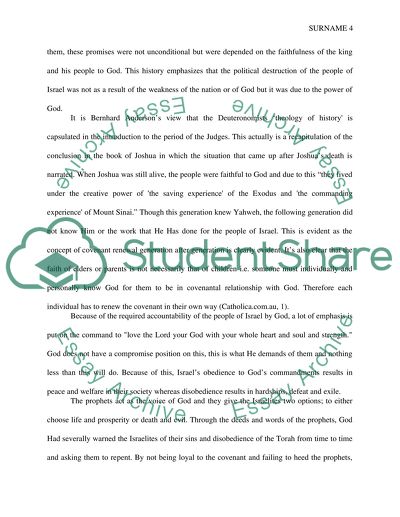Cite this document
(“The Deuteronomic Perspective on History: What it is and How Biblical Essay”, n.d.)
Retrieved from https://studentshare.org/religion-and-theology/1435839-the-deuteronomic-perspective-on-history-what-it-is
Retrieved from https://studentshare.org/religion-and-theology/1435839-the-deuteronomic-perspective-on-history-what-it-is
(The Deuteronomic Perspective on History: What It Is and How Biblical Essay)
https://studentshare.org/religion-and-theology/1435839-the-deuteronomic-perspective-on-history-what-it-is.
https://studentshare.org/religion-and-theology/1435839-the-deuteronomic-perspective-on-history-what-it-is.
“The Deuteronomic Perspective on History: What It Is and How Biblical Essay”, n.d. https://studentshare.org/religion-and-theology/1435839-the-deuteronomic-perspective-on-history-what-it-is.


